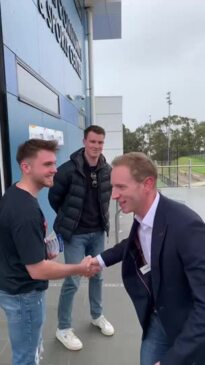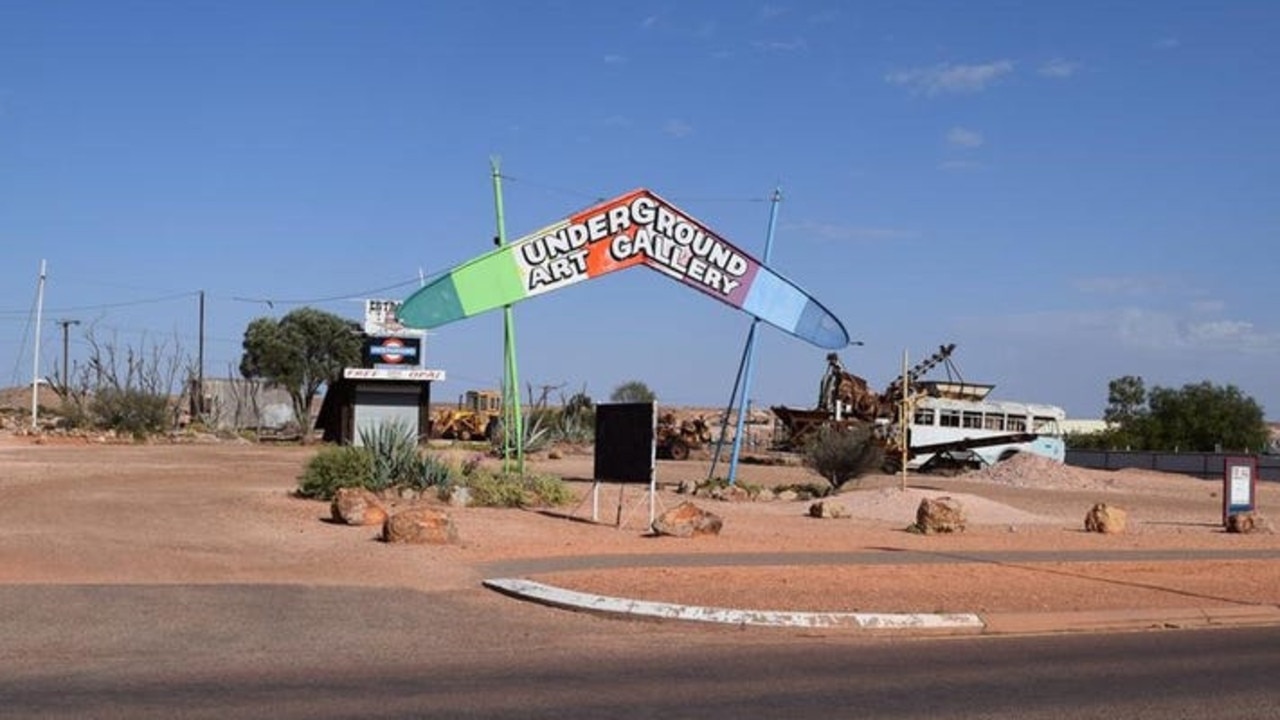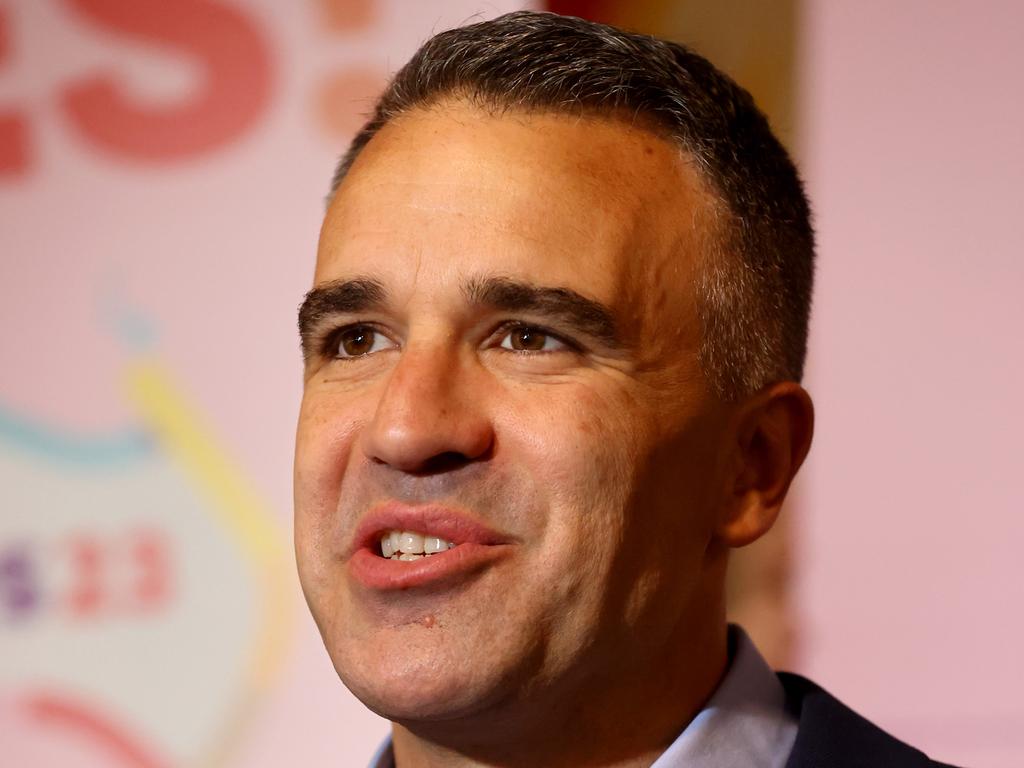South Australia begins counting in state-based Voice to Parliament vote
Australians rejected a federal Voice to Parliament with a thumping No vote, but one state has pressed ahead with its own election.

The first results in a historic Voice to Parliament vote are in, with two parts of South Australia’s Indigenous-led advisory body now declared.
Elections for the state-based body took place on March 16, with Indigenous South Australians voting in representatives across six regions encompassing the state.
On Monday, the state’s electoral commission declared the victors for Regions 2 and 3.
Region 2 takes in South Australia’s remote far north, from Innamincka near the Queensland border and Coober Pedy in the centre through to the sparsely populated APY Lands in the northwest.
After the distribution of preferences, Mark Campbell, Johnathon Lyons and Christopher Dodd were declared the winning male candidates, and Melissa Thompson, Dharma Ducasse-Singer and Dawn Brown took out the female positions.
Donald Fraser nabbed a spot for a representative of any gender.
Region 3 takes in Whyalla, Port Augusta and the state’s upper north areas.
After preferences, Charles Jackson, Rob Singleton, Ralph Coulthard took out the male candidate positions, and Lavene Ngatokorua, Kerri Coulthard and Candace Champion secured the three female slots.
TJ Thomas was elected a representative of any gender.
The SA Voice is structured to ensure male and female representation on each of the six local Voices.
Of the six regions, five have seven elected members and one, the Central region, has 11 members.
The Central Voice has more members because of its greater Indigenous population.

The six local Voices then select two “joint presiding members” from their own ranks who form a 12-member state Voice that advises the state government directly.
The state Voice hears the views of each local Voice, forms statewide views and positions and then presents those views to the South Australian parliament, its ministers and the chief executives of the public service.
The South Australian Labor government established the Voice with the 2023 First Nations Voice Act.
“For millennia, Aboriginal people thrived as the custodians of the land and waters of this State,” the Act’s preamble states.
“Since colonisation Aboriginal and Torres Strait Islander people have faced unacceptable levels of disadvantage.
“It is now intended that there be a platform for Aboriginal and Torres Strait Islander people to be better heard by government so that they have more of a say in the decisions that affect their lives.”
South Australian Premier Peter Malinauskas ploughed ahead with the new decision-making process despite the overwhelming defeat of the federal-level Voice referendum in October last year.

Every state in Australia rejected the Voice to Parliament and South Australia recorded a 64 per cent No vote, with all of its federal electorates voting to reject constitutional change.
The results for regions 4 and 5, which encompass the Riverland, Southeast and West and West Coast areas, come out on Tuesday, while regions 1 and 6, which take in the Central, Yorke and mid-North parts of the state, are expected on Wednesday.
The South Australian Electoral Commission will run future Voice elections every four years, scheduled for the same time as state elections.
The elections employ a single transferable vote system, which means candidates are required to obtain a “quota” of the formal votes in order to become elected, the SA Electoral Commission states.
“This quota, or minimum number of votes required to win a position, ensures that winning candidates are elected with a near equal number of votes,” the commission said.
From Region 2, Mr Campbell was elected in first position with 70 first preference votes or 23.3 per cent of the first preference count.
There were 305 total votes for the Region 2 contest and 380 votes for Region 3.
Altogether, 113 Indigenous South Australians contested for the 46 Voice positions.




